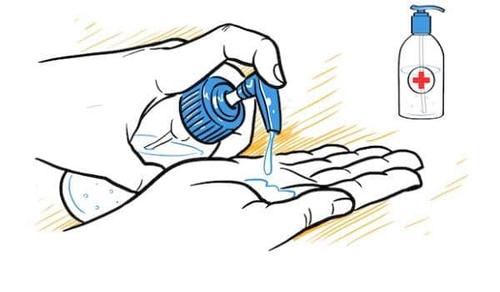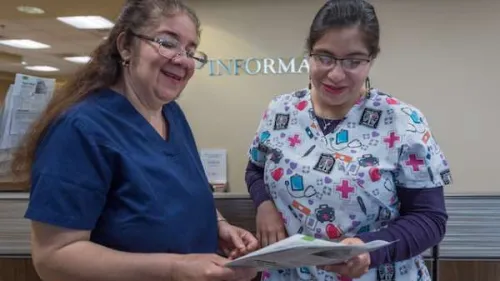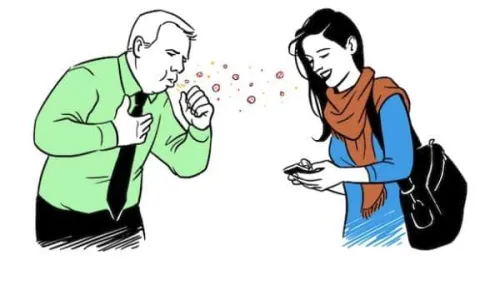Resettling in the United States During the COVID-19 Pandemic
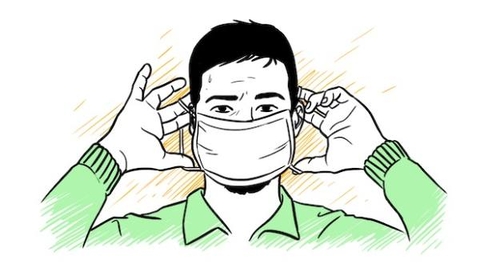
Your Resettlement Agency
Now, more than ever, it is important for you to stay in contact with the Resettlement Agency handling your case. Resettlement Agency staff are doing everything they can to provide the important services you need. However, due to the pandemic, many physical offices may be temporarily closed and resettlement staff may be working from their homes.
Here are ways they may communicate with you:
Phone: If you have a phone, your Resettlement Agency may try to call, text, or contact you via WhatsApp or FaceTime. It is important to keep your phone turned on and charged so they can reach you.
Delivery of documents: Someone may bring you important documents or other things you need, but to prevent the spread of the virus, they may not enter your home.
Mail: Information may be sent to you in the mail, so you should check your mailbox regularly.
Flyers and posters: Where possible, resettlement staff will hang informational posters in your area or put flyers under your door.
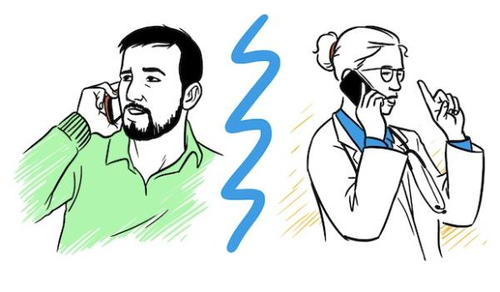
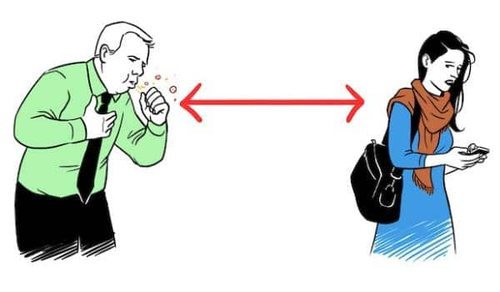
Your Rights and Responsibilities
You play an important role in protecting yourself and your family. Here are some things you can do:
Stay calm: Protect yourself and your loved ones by regularly washing your hands with soap and water for at least 20 seconds, especially after you have been in a public place or after blowing your nose, coughing, or sneezing. Avoid touching your eyes, nose, and mouth with unwashed hands. Avoid people who are sick. Most people who get COVID-19 have mild symptoms and can recover at home. Follow advice from medical experts, your local public health department, and your Resettlement Agency.
Stay informed: Information and guidance can change quickly during the COVID-19 pandemic. You are responsible for staying informed about the situation and following guidance. Your city or state public health departments have the most reliable information.
Make a plan: Prepare your home and make a plan in case you or anyone you live with gets sick.
- Create a list of medications, household items, and other supplies people in your household use regularly.
- Make sure you have enough supplies at home so you don’t run out. If possible, get a larger supply of prescription medications from a doctor. If you don’t know how to call a doctor, contact your Resettlement Agency for help.
- Buy non-perishable food so you can limit trips outside to stores.
- Decide who can help if you or someone in your family gets sick. Ask another family member or community member to help you get food and other essentials. Create a list of local organizations you can contact in case you need access to information, healthcare services, support, and resources.
Be careful of false information: Factual information from your local government may not be available in your language. If you do not speak English, find someone to interpret the local information for you, such as your Resettlement Agency. Social media, or friends and family in other areas, may not have relevant or accurate information. Be aware that there are rumors and myths about the virus and how to protect or cure yourself. You should only take medical advice from a doctor or other healthcare professionals.
Avoid fraud: Watch out for scams related to the outbreak. Reported scams include sales of home testing kits, fake cures, insurance policies, and more. If you receive a call or text message from someone you don’t know or are approached by a stranger asking for your banking information, social security number, or other personal information, do not provide it and contact your Resettlement Agency for help.
Call before seeking medical care: Before going to the doctor’s office or emergency room, call ahead if you are experiencing COVID-19 symptoms like a fever, cough, or shortness of breath. They will tell you what to do. If you don’t know how to call a doctor, contact your Resettlement Agency for help. If you or a loved one has severe symptoms like trouble breathing, call 911 or go to a hospital emergency room. Inform your caseworker, as soon as you can.
Ask for interpretation, if needed: You have the right to interpreter services. Tell the hospital or clinic staff that you need an interpreter when you make the appointment or arrive for emergency care.
Protecting Yourself and Others from COVID-19
COVID-19 is a new disease that can affect anyone. However, older adults and people who have serious underlying medical conditions may have a higher chance of having more serious complications from COVID-19. If you’re over 65 or have a serious underlying condition like chronic lung disease, serious heart conditions, or diabetes, you may be more likely to get very sick from this disease.
If you have other illnesses or live with someone who does, you should take extra steps to protect yourself and loved ones. If you feel sick, stay at least six feet away (two arms’ length) from others and stay home as much as possible. If you need to be around others (within the home, in a vehicle, or doctor’s office), you should wear a face mask.
For more information about COVID-19, visit settleinus.org.
